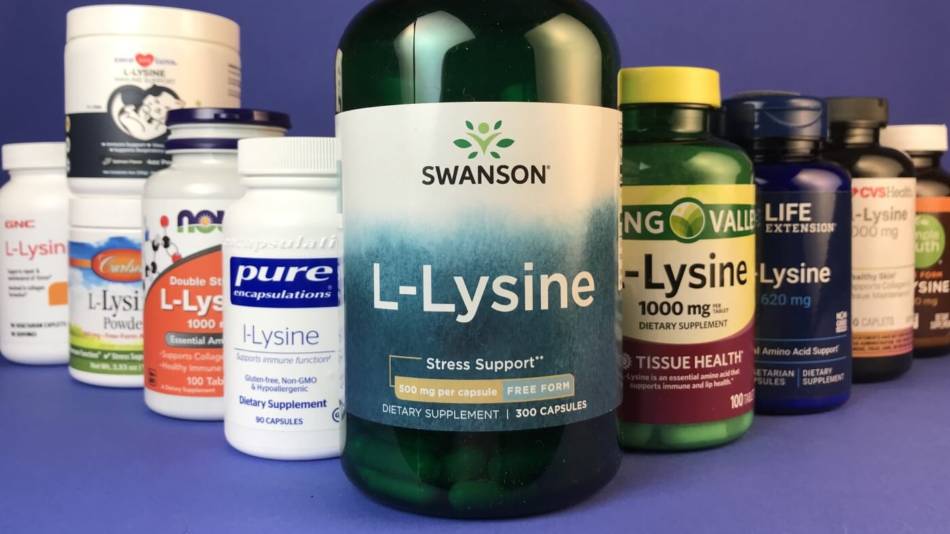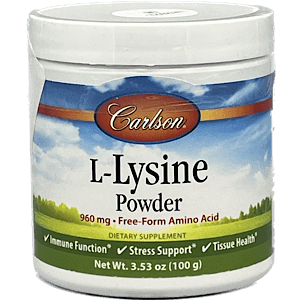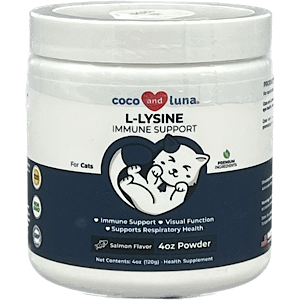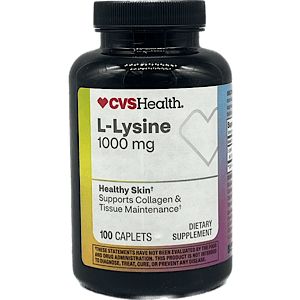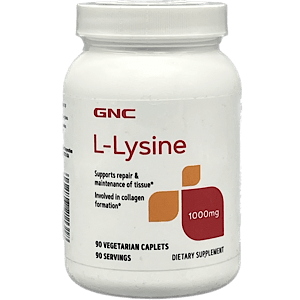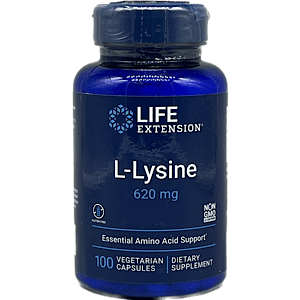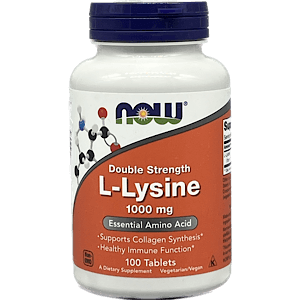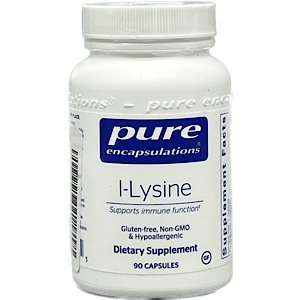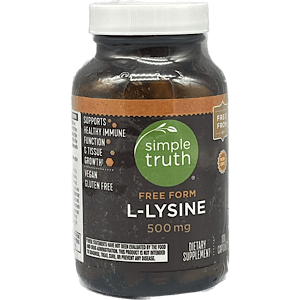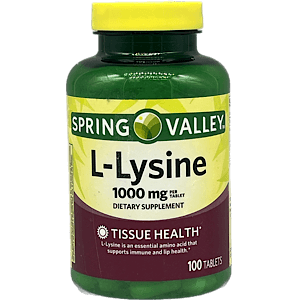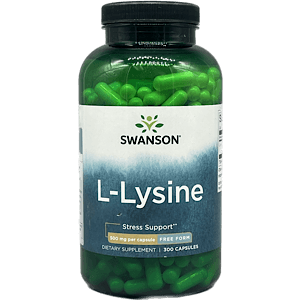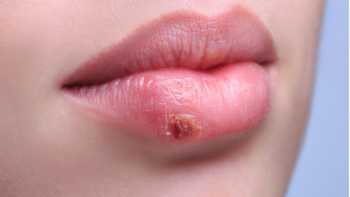Summary
What to look for on L-lysine labels?
-
What is lysine?
Lysine (L-lysine) is an essential amino acid found in many protein-rich foods (see Lysine in Food) and is needed for proper growth and other critical functions (see details in What It Is). -
What are the health benefits of lysine?
As a supplement, some (but not all) studies suggest that lysine may help prevent cold sores (herpes simplex labialis), genital herpes lesions, and canker sores. There is no clinical evidence, however, that lysine helps treat an existing herpes eruption. It has been used in studies of hair loss treatment, but results are not convincing. There is no clinical evidence that lysine helps prevent or treat COVID-19, nor herpes 1 infection in cats. Although lysine is also found in topical products for cold sores, it is not known to be active topically (see details in What It Does). -
How much lysine to take?
Typical daily dosage is 1,000 to 3,000 mg (1 to 3 grams) (see details in ConsumerTips). The best lysine supplement:
CL's tests found that all of the selected L-lysine products contained their listed amounts of lysine, with some providing a bit more (see details in What CL Found). However, some products were a much better value than others, with the cost ranging from as little as 5 cents to as much as 32 cents to obtain 1,000 mg of L-lysine (and up to 49 cents from a cat product). Based on quality and value, ConsumerLab selected Top Picks among lysine supplements including a lysine supplement for cats.- L-lysine is typically sold as its stabilized salt form, called L-lysine HCl (L-lysine hydrochloride). Be aware that 20% of the weight of L-lysine HCl is HCl and not L-lysine. Well-labeled lysine supplements will list the amount of L-lysine (since this is the active ingredient) and deduct the weight of the HCl. However, some products (including two in this Review) list the weight of the full compound (i.e., lysine plus HCL), which can lead unwitting consumers to believe they are getting more lysine than they think (see examples in What CL Found).
-
Lysine safety and side effects:
People with kidney disease, gallstones, elevated cholesterol, and glutaric acidemia type I should exercise caution with lysine supplements (see details in Concerns and Cautions).

